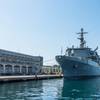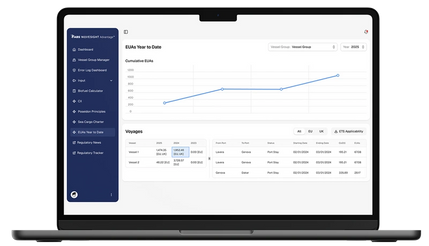House, Senate Close to Deal on Port Security
The tentative deal would authorize $3.4 billion over five years for measures such as installing radiation detectors at the largest U.S. ports, Collins said. Negotiators were expected to get the written text of the tentative port security deal by Friday; if they OK it, it could go to the House and Senate for approval this week. There could still be a fight over whether to include rail and mass transit safety programs. Those provisions -- $1.2 billion for rail safety and $3.5 billion for mass transit safety -- were added to the version of the ports bill the Senate passed earlier this month. They were not in the House bill. The negotiators are trying to forge a compromise.
The heart of the ports bill deals with cargo container security. Only a fraction of the millions of containers that now enter U.S. ports each year are inspected. That has prompted warnings that sea cargo remains a serious security risk, five years after the September 11 attacks. The tentative agreement requires the government to finish installing radiation-screening equipment at 22 major U.S. ports by the end of 2007. It also sets up a pilot program at three foreign ports to test the feasibility of scanning cargo headed for the United States while it is still overseas. Source: Reuters











